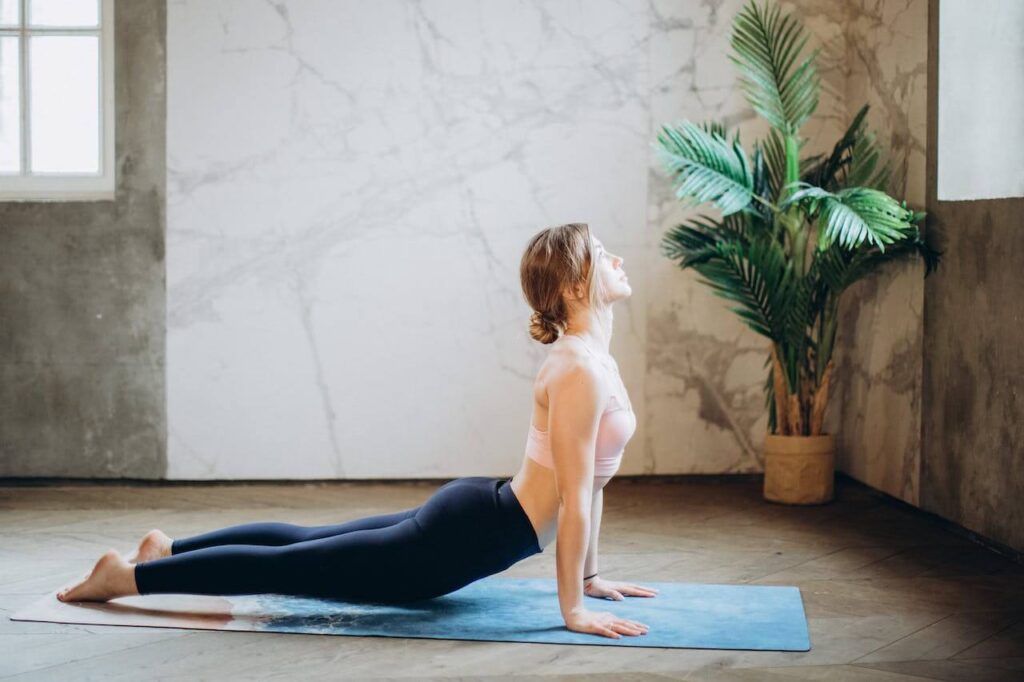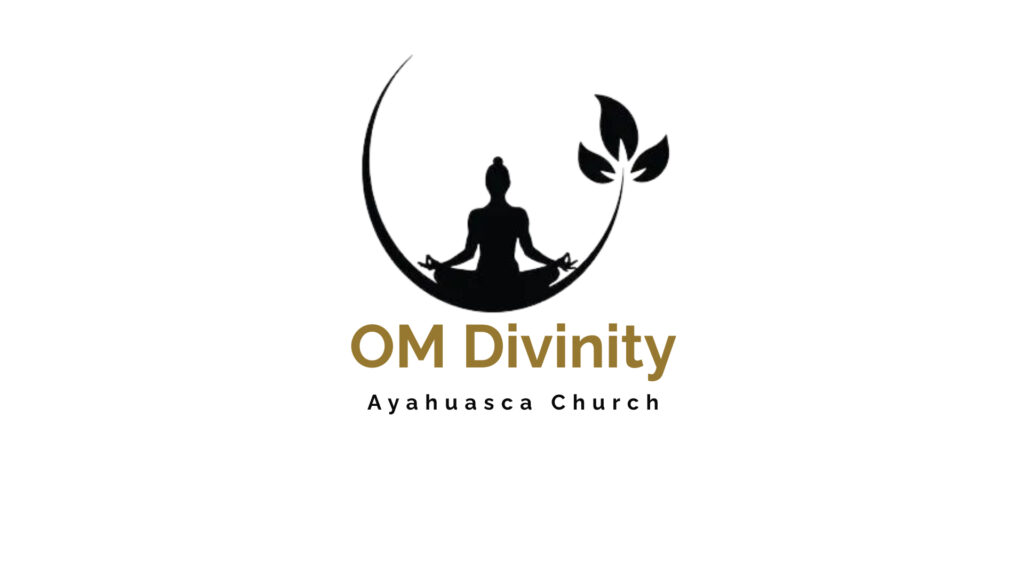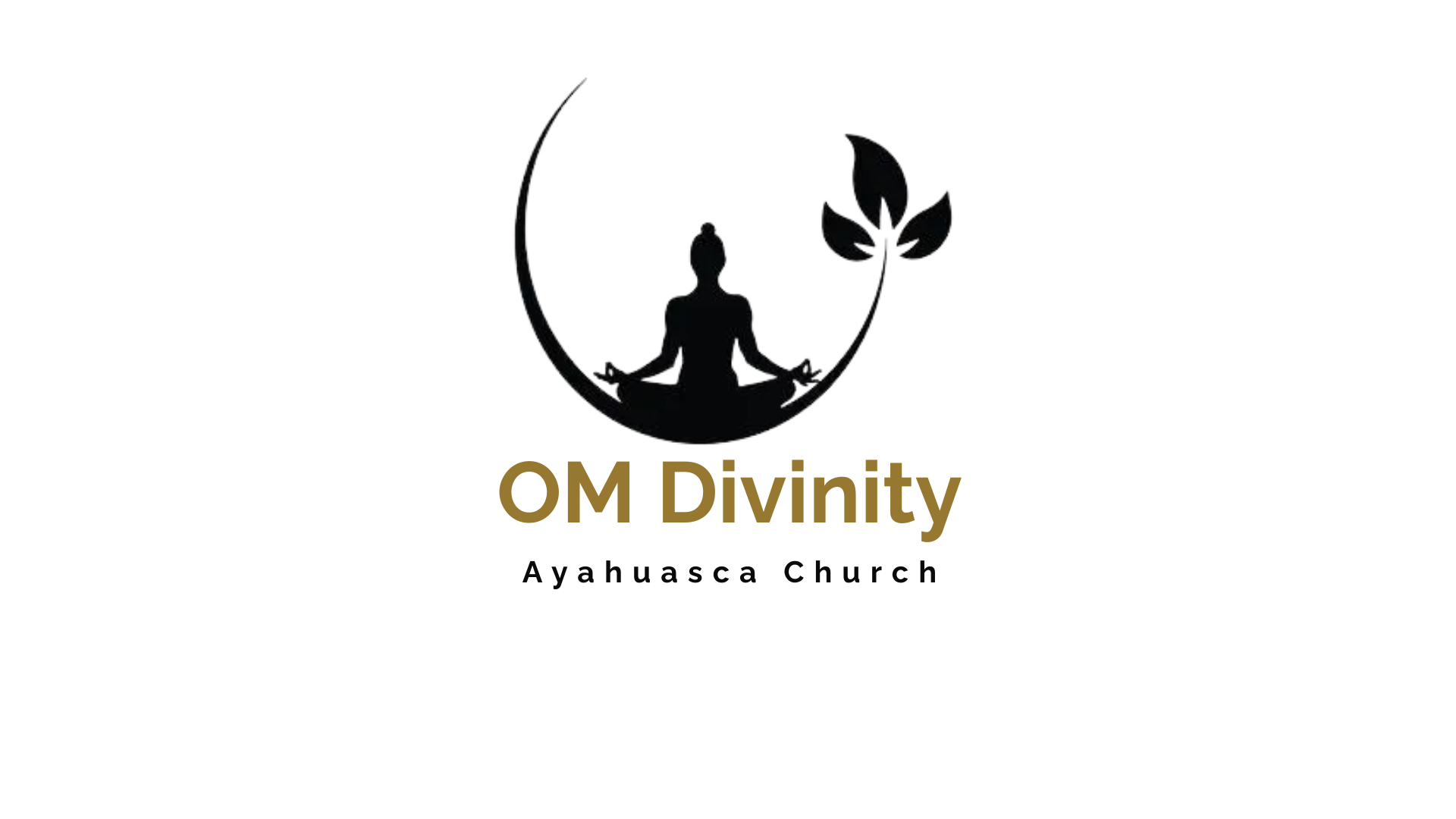Reflect on your retreat experience, integrate insights, seek support, and plan for future wellness retreats. Join us on the path to self-discovery and transformation.
Introduction to Wellness Retreats
Understanding the Concept of Wellness Retreats
- Wellness retreats offer immersive experiences that rejuvenate the mind, body, and spirit.
- These retreats provide a break from daily life to focus on self-care, personal growth, and holistic well-being.
- Participants engage in various activities and practices to promote relaxation, inner peace, and vitality.
Benefits of Participating in Wellness Retreats
- Enhances physical health through activities like yoga, hiking, and nutritious meals.
- Supports mental well-being by reducing stress, fostering mindfulness, and promoting emotional balance.
- Facilitates personal growth, self-discovery, and a deeper connection with oneself.
- Offers opportunities for rest, relaxation, and rejuvenation away from the demands of everyday life. Learn more.
Target Audience for Wellness Retreats
- Individuals seeking a break from hectic schedules and stressors.
- Those interested in holistic approaches to health and well-being.
- People looking to deepen their mindfulness practices or explore new wellness modalities.
- Couples, friends, or solo travellers are interested in bonding experiences centred around wellness.
Planning Your Wellness Retreat Experience
Researching Different Types of Wellness Retreats
- Explore various themes such as yoga, spas, nature, and spiritual retreats.
- Consider each retreat’s location, duration, activities, and focus areas.
Setting Your Goals and Intentions
- Reflect on what you hope to achieve or experience during the retreat.
- Clarify your wellness objectives: relaxation, stress relief, personal growth, or lifestyle changes.
Choosing the Right Location and Duration
- Consider destinations that resonate with your preferences, such as beach resorts, mountain retreats, or rural sanctuaries.
- Determine the length of the retreat based on your schedule and desired level of immersion.
Budgeting and Financial Considerations
- Evaluate the cost of the retreat, including accommodation, meals, activities, and transportation.
- Explore payment options, discounts, and any additional expenses to budget for.

Exploring Wellness Retreat Activities
Mindfulness Practices: Yoga, Meditation, and Breathwork
- Engage in daily yoga sessions to improve flexibility, strength, and mindfulness.
- Practice meditation to cultivate inner peace, clarity, and stress reduction.
- Learn breathing techniques to enhance relaxation and promote emotional balance. Learn more.
Physical Activities: Hiking, Fitness Classes, and Outdoor Adventures
- Explore nature through guided hikes, nature walks, or outdoor excursions.
- Participate in fitness classes such as Pilates, Tai Chi, or dance workouts.
- Enjoy recreational activities like swimming, kayaking, or cycling for physical wellness.
Nutritional Workshops and Healthy Eating
- Attend workshops on nutrition, mindful eating, and sustainable food choices.
- Enjoy wholesome and nourishing meals made from fresh, locally sourced ingredients.
- Learn cooking techniques and recipes to support a balanced and healthy lifestyle.
Holistic Therapies: Massage, Reiki, and Acupuncture
- Indulge in treatments like massages, reflexology, or hot stone therapy.
- Experience energy healing practices such as Reiki, acupuncture, or sound therapy.
- Receive personalized wellness consultations and holistic therapies to address specific needs.
Creative Expression Workshops: Art, Music, and Dance
- Explore your creative side through art workshops, painting classes, or pottery sessions.
- Express yourself through music therapy, drum circles, or singing bowls meditation.
- Dance your worries away with movement workshops, ecstatic dance, or expressive arts therapy.
Finding the Perfect Wellness Retreat
Researching Reputable Retreat Centers and Providers
- Utilize search engines to find reputable retreat centres and providers specializing in wellness retreats.
- Explore websites, social media platforms, and directories dedicated to wellness travel.
- Consider recommendations from friends, family, or trusted sources in the wellness community.
Reading Reviews and Testimonials
- Browse online reviews and testimonials on TripAdvisor, Yelp, and Google Reviews.
- Pay attention to feedback on the overall experience, accommodations, activities, and professionalism of staff.
- Look for patterns in reviews to gauge consistency in customer satisfaction.
Considering Accommodation and Amenities
- Evaluate accommodation options like private rooms, shared cabins, or eco-friendly lodges.
- Assess amenities, including spa facilities, fitness centres, nature trails, and swimming pools.
- Consider the location’s surroundings and alignment with your wellness goals, whether a serene beachfront or a tranquil mountain retreat.
Evaluating the Expertise of Instructors and Facilitators
- Research the backgrounds and qualifications of instructors and facilitators leading wellness activities.
- Check for certifications, training, and experience in relevant fields such as yoga, meditation, nutrition, or holistic healing.
- Look for testimonials or endorsements from reputable wellness organizations or industry experts.
Checking Safety and Health Protocols
- Inquire about the retreat centre’s safety measures and health protocols, especially concerning current global health concerns.
- Confirm adherence to local regulations and guidelines for cleanliness, sanitation, and physical distancing.
- Seek information on emergency procedures, medical support, and accessibility for individuals with specific needs.

Preparing for Your Wellness Retreat
Packing Essentials: Clothing, Gear, and Personal Items
- Create a packing list tailored to your retreat’s climate, activities, and duration.
- Include comfortable clothing for yoga sessions, outdoor excursions, and relaxation.
- Pack essential gear such as a yoga mat, hiking shoes, reusable water bottles, sunscreen, and insect repellent.
- Remember personal items like toiletries, medications, journals, and specific wellness tools or accessories.
Mental and Emotional Preparation
- Set aside time for self-reflection and introspection to clarify your intentions and goals for the retreat.
- Practice mindfulness techniques like meditation or deep breathing to cultivate inner calm and presence.
- Release expectations and approach the retreat with an open mind, embracing the opportunity for personal growth and transformation.
Communicating Dietary Restrictions and Health Concerns
- Inform the retreat organizers about dietary restrictions, allergies, or nutritional preferences.
- Provide details on any health concerns or medical conditions requiring special attention during your stay.
- Collaborate with the kitchen staff to ensure they can accommodate your needs and provide suitable meal options.
Managing Expectations and Embracing Openness
- Recognize that each wellness retreat experience is unique and may unfold differently for each participant.
- Embrace flexibility and adaptability in your schedule, allowing room for spontaneous discovery and connection.
- Trust in the expertise of the retreat leaders and fellow participants, fostering a sense of community and support throughout the journey.
Maximizing Your Wellness Retreat Experience
Engaging Fully in Activities and Workshops
- Embrace each activity and workshop with enthusiasm and curiosity, immersing yourself fully in the experience.
- Participate actively, ask questions, and explore new practices or techniques to expand your wellness repertoire.
- Stay present and attentive during sessions, maximizing the benefits of each opportunity for growth and learning.
Connecting with Like-Minded Individuals
- Reach out to fellow retreat participants with openness and authenticity, fostering meaningful connections and friendships.
- Engage in group activities, discussions, and social gatherings to cultivate community and support.
- Share experiences, insights, and challenges with others, recognizing the power of collective wisdom and shared journey.
Journaling and Reflecting on Personal Growth
- Dedicate time for journaling and reflection to process your thoughts, emotions, and experiences throughout the retreat.
- Write about moments of inspiration, breakthroughs, or insights from various activities and interactions.
- Use journaling as a tool for self-discovery and introspection, deepening your understanding of yourself and your wellness journey.
Implementing Learnings into Daily Life
- Identify key takeaways and lessons from the retreat that resonate with your goals and aspirations.
- Create an action plan for integrating these learnings into your daily life through new habits, routines, or mindset shifts.
- Stay committed to your wellness journey beyond the retreat, incorporating sustainable practices and behaviours that nourish your body, mind, and spirit.

Post-Retreat Integration and Continued Wellness
Incorporating Daily Wellness Practices
- Establishing a Morning Routine: Begin daily with meditation, yoga, or a mindful walk to set a positive tone.
- Healthy Eating Habits: Integrate nourishing meals with whole foods, emphasizing fruits, vegetables, and lean proteins.
- Regular Exercise: Incorporate physical activity into your daily schedule, whether it’s a gym session, a nature hike, or a dance class.
- Mindfulness Moments: Take breaks for short mindfulness practices throughout the day to stay present and reduce stress.
- Quality Sleep: Prioritize sleep hygiene by creating a calming bedtime routine and ensuring a restful environment for optimal rest.
Seeking Support and Accountability
- Joining Wellness Communities: Connect with fellow retreat participants or online groups to share experiences and provide mutual support.
- Accountability Partners: Pair up with a friend or family member to keep each other motivated and accountable for maintaining wellness practices.
- Professional Guidance: Consider working with a wellness coach, therapist, or mentor to navigate challenges and stay on track with your goals.
Reflecting on Retreat Experience and Insights
- Journaling: Write about your retreat experiences, insights gained, and intentions for continued growth.
- Meditation and Contemplation: Set aside quiet time to reflect on the lessons learned during the retreat and how they can be applied to your daily life.
- Gratitude Practice: Cultivate gratitude by acknowledging the positive aspects of your retreat experience and the opportunities for personal transformation.
Planning for Future Wellness Retreats
- Setting Intentions: Clarify what you hope to achieve from future retreats, whether deepening your practice, exploring new modalities, or simply taking time for self-care.
- Researching Options: Explore different retreat destinations, themes, and facilitators to find the perfect fit for your goals and preferences.
- Budgeting and Scheduling: Plan by allocating funds and blocking off time in your calendar for upcoming retreats that align with your priorities.
- Sharing the Experience: Encourage friends, family, or colleagues to join you on future retreats to deepen connections and support each other’s wellness journeys.
Final words: Embracing Wellness Retreats as a Path to Self-Discovery and Transformation
- Recap of Key Insights: Summarize the transformative potential of wellness retreats in fostering self-discovery, personal growth, and holistic well-being.
- Empowerment Through Retreats: Highlight how wellness retreats provide a supportive environment for individuals to explore, learn, and evolve toward greater fulfilment.
- Invitation to Action: Encourage readers to embrace the opportunity for self-discovery and transformation by considering participation in a wellness retreat and integrating its teachings into their lives.
- Unlocking the Healing Power of Plant Spirit Medicine. Learn more.
- Exploring the Ancient Path: A Deep Dive into Shamanic Journeys. Learn more.
- Journey to Tranquility: Mindfulness Retreat in Atlanta. Learn more.
- Your Guide to Transformative Ayahuasca Retreats in the USA. Learn more.
- Rejuvenating the Soul: The Power of Spiritual Healing. Learn more.
- Tantric Healing: Experience Healing and Growth. Learn more.


